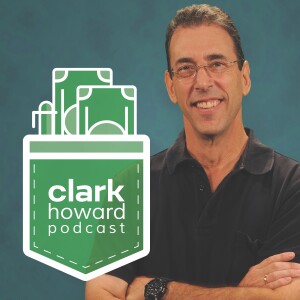

29. Q&A! The WACC, Interview Tips, Circularity in Models, and Essential Skills for Traders
Send us a text
Another listener favorite Q&A episode, where Kristen and Jen tackle real questions submitted by our listeners. We use these questions as teaching tools to explain concepts far beyond the scope of any individual question, so be sure to stay tuned to learn valuable insight about the world of Wall Street. Our questions in today's episode include:
1. How does changing the WACC (Weighted Average Cost of Capital) impact valuation when running a DCF (Discounted Cash Flow) analysis? What are the different theories of optimal capital structure and how does this all fit into the real world when companies are choosing whether to issue debt or equity?
2. How do I ace my interview in a markets-based job, like the sales and trading division of an investment bank?
3. Why do we need circularity in investment banking models?
4. How do I know when to stop "buying the dip" when trading the markets?
If you have any questions you'd like answered in a Q&A episode of our podcast, please write to us at questions@wallstreetskinny.com
Learn more about 9fin HERE
Shop our Self Paced Courses:
Investment Banking & Private Equity Fundamentals HERE
Fixed Income Sales & Trading HERE
Wealthfront.com/wss. This is a paid endorsement for Wealthfront. May not reflect others’ experiences. Similar outcomes not guaranteed. Wealthfront Brokerage is not a bank. Rate subject to change. Promo terms apply. If eligible for the boosted rate of 4.15% offered in connection with this promo, the boosted rate is also subject to change if base rate decreases during the 3 month promo period.The Cash Account, which is not a deposit account, is offered by Wealthfront Brokerage LLC ("Wealthfront Brokerage"), Member FINRA/SIPC. Wealthfront Brokerage is not a bank. The Annual Percentage Yield ("APY") on cash deposits as of 11/7/25, is representative, requires no minimum, and may change at any time. The APY reflects the weighted average of deposit balances at participating Program Banks, which are not allocated equally. Wealthfront Brokerage sweeps cash balances to Program Banks, where they earn the variable APY. Sources HERE.
More Episodes
All Episodes>>Create Your Podcast In Minutes
- Full-featured podcast site
- Unlimited storage and bandwidth
- Comprehensive podcast stats
- Distribute to Apple Podcasts, Spotify, and more
- Make money with your podcast












